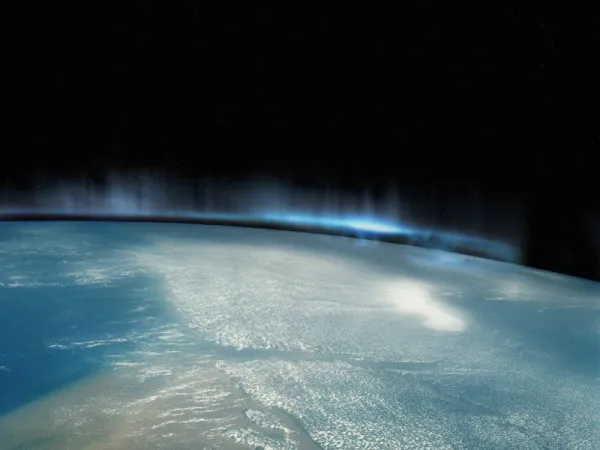If we stir the vessels of modern scientific hypotheses, and choose which of them most obscures between real lines and predictions, we will find the Gaia Hypothesis at the top of the rating.
For four decades, the idea of a "living earth" continues to gather concrete evidence to support it, scientists from various fields are becoming interested in the idea.
Then what is the Gaia Hypothesis? Named after the ancient Greek Goddess of Earth, this theory describes our planet as a living, breathing and self-contained system.
Look at the air we breathe for example. Oxygen is a practical element that is needed by all organisms to live, from bacteria, fish to humans. This gas for centuries has managed 21% of the Earth's atmospheric composition related to the survival of the organism (plant) that continuously releases the gas. Oxygen-a highly reactive element-has the potential to co-exist with minerals and other gases from the atmosphere and the earth's crust, completely blurring in the form of their respective compounds.
But despite the volatile, Earth's atmosphere is a relentless supporter of life. This is one of the observations by the chemist James Lovelock presented at a scientific conference held at Princeton in 1969. Revealing the concept of the universe as a mere game of mercenary advantage, Lovelock postulates that the earth can work as well as a vast living organism , he organized all material forms, be they organic or inorganic material with a definite purpose, that is to create an environment worthy of sustaining life in it. Despite his past accomplishments-especially at the time of creating sensitive instruments for the Viking spacecraft on his Mars exploration-Lovelock's idea of a living earth gained fierce criticism from his colleagues.

Another thing that Lovelock picked up was the unchanged concentration of salt water, which remained at an optimal level for the existence of life. Science has found that river water is constantly dragging salt minerals into the ocean, but when the ocean water evaporates into cloud form, its salt will not carry as well. If we strictly follow logical thinking, we must conclude that the concentration of salt in the sea should increase over time. But this does not happen. The concentration of salt has not changed for centuries. According to those who support the Gaia Hypothesis, it refers to the colossal ability of the earth in maintaining internal balance - a scientifically appropriate phenomenon (though commonly applicable to cell organisms) as homeostasis (the internal balance system of the body).